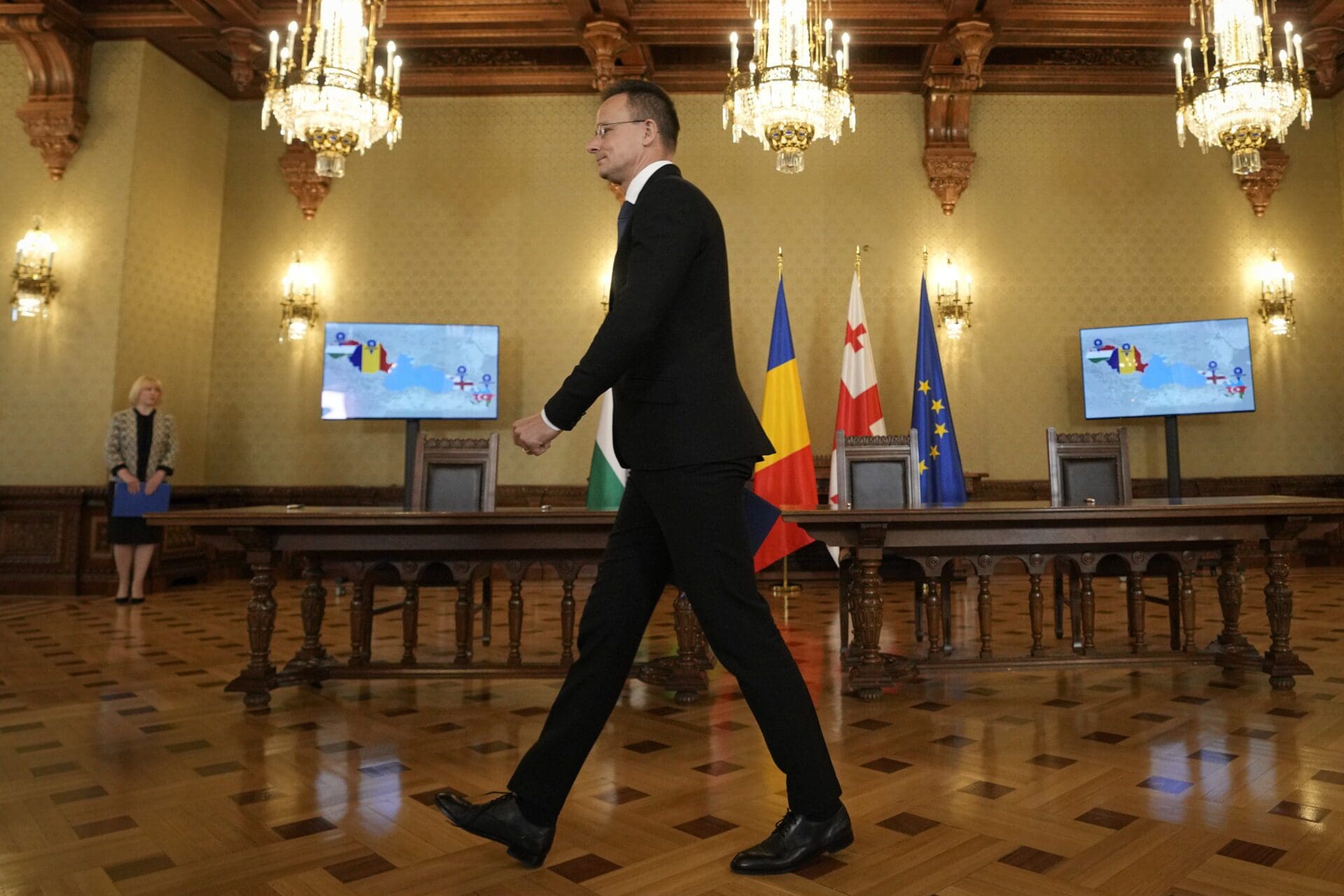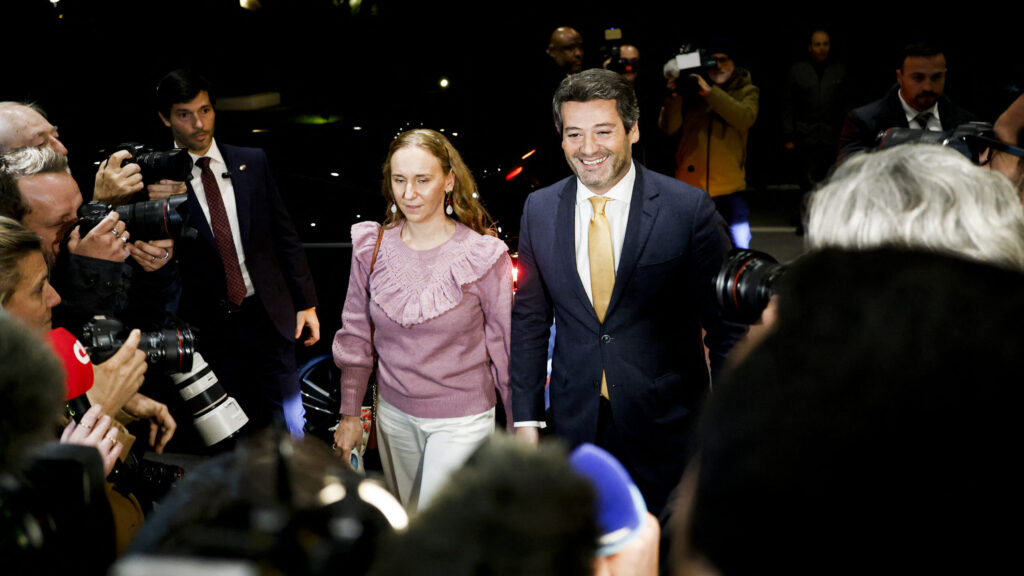Last Saturday, Viktor Orbán signed a deal with Azeri President Ilham Aliyev as part of a quadrilateral agreement on the construction of a submarine transmission cable that will allow Hungary to import green electricity from Azerbaijan through Georgia and Romania.
Reactions to the Deal
Both Viktor Orbán and Ursula von der Leyen highlighted the importance of the agreement that will entail investments in wind farms in the Caspian Sea and the construction of a new, 3-gigawatt transmission cable.
Hungarian Minister of Foreign Affairs and Trade Péter Szijjártó said that now that Europe is facing an energy supply crisis, the solution should not be the imposition of a gas or oil price cap, since that would only further reduce the availability of fossil fuels. Instead, what is needed is the exploration of new energy sources and their transmission to Europe. Von der Leyen said that the agreement will strengthen the relationship between the EU and its allies in the South Caucasus region.
While the leaders who were present at the signing agree that the deal will have a positive impact on the Hungarian economy, some have criticized the plan as expensive and unfeasible. Some Hungarian media reports suggested that the deal is a double-edged sword. It may alleviate Hungary’s dependence on Russian energy, but may create dependence on Azeri electricity instead. Other criticism highlighted that while Hungary will indeed need much more electricity in the coming years, the real solution to providing that increased amount of energy should not be miracle weapons like Paks 2, or a gigantic project such as the Azeri one. According to critics, the project is senseless and is just smoke and mirrors, a rubber bone to chew on while Paks 2 is being prepared.
Reports in the opposition media also noted that it would make much more sense to build interconnectors with neighbouring Ukraine, which is one of the largest producers of nuclear-generated electricity globally, instead of importing electricity via the longest submarine cable in the world.
However, as Ursula von der Leyen also stressed after the signing ceremony, the construction of the transmission cable may help Georgia become and energy hub, and can integrate the country into the EU energy market. The new route will also facilitate the supplying of energy to Moldova and the West Balkans, and ultimately help the rebuilding of Ukraine as well.
Orbán: Energy Independence is the Ultimate Goal
During a press conference held on Wednesday, Viktor Orbán was asked about the cable, and other energy-sourcing opportunities Hungary may have. He said that the main goal of Hungary is not to be independent of Russian energy, but to be independent of import energy. He described the issue of Russian dependency as a ‘secondary’ question, the main question being whether Hungary can become self-sustaining regarding energy. He added that one of the most promising developments in that direction has been the Paks 2 projects, which the government decided to go ahead with in 2013. The PM reminded that if Paks 2 ‘were ready by now, we would just sit back and ask for a coffee.’ He said it was unfortunate that the project has been obstructed by the Hungarian opposition and Brussels, setting it back by years.
Orbán also underscored that since Hungary has no sea ports, alternative routes must be utilized to transport both gas and electricity, highlighted the Azeri ‘megadeal’ as an example. He added that the government is negotiating with different ports that will allow the country to receive LNG in the future and transport it to Hungary.
Responding to a question he said the largest threat to Paks 2 is obviously nuclear energy being included among the sanctions imposed by Brussels. Minister Szijjártó has done ‘a great job’ so far preventing nuclear energy from being sanctioned, and he will keep fighting. If he succeeds, the Paks expansion project will go forward, the PM said.
Conclusion
At the end of the day, the Azeri green electricity project is not only beneficial for Hungary, but for all the other countries that are involved. Also, the electricity that Hungary will import will be generated in a sustainable way, not to mention that fact that it will help Hungary wean itself off Russian energy. What’s more, maintaining and creating new and better trade and political relations with countries like Azerbaijan and Georgia is also an important foreign policy goal of the government. Critics should also be aware of the fact that, as Viktor Orbán also pointed out, if Paks 2 had not been opposed and undermined by the Hungarian opposition and Brussels for this long, the country would most likely not need to enter such large-scale agreements at all, and might very well be self-sufficient in terms of electrical energy at this point.







